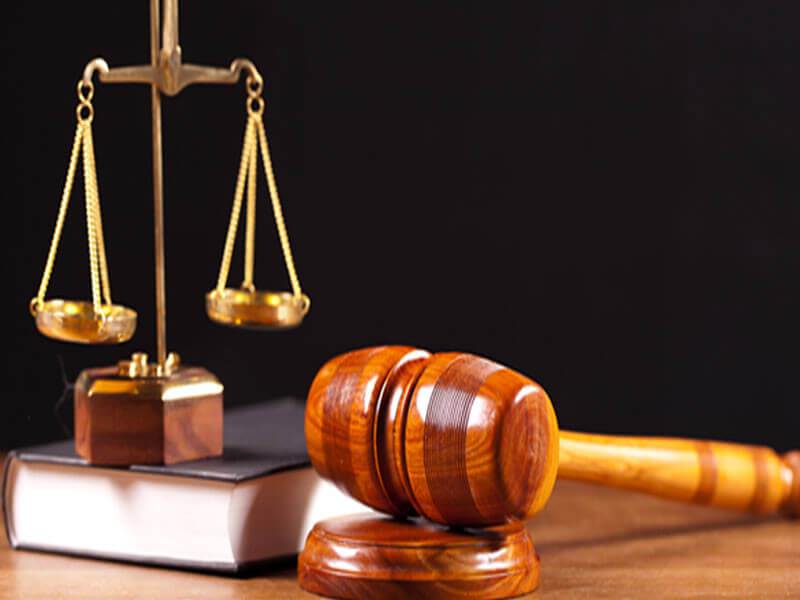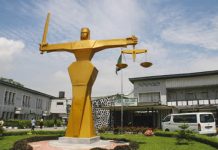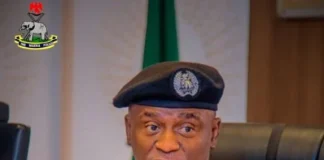The Supreme Court will tomorrow continue its hearing in the case involving the Central Bank of Nigeria (CBN), Union Bank of Nigeria (UBN), and an oil and gas company – Petro Union Oil and Gas Limited (Petro Union) over an alleged £2.550billion fraud.
The series of incidents upon which the case is based began in 1994 when Petro Union was alleged to have fraudulently procured a cheque from a branch of Barclays Bank in the UK with a value of £2.556 billion and presented it at one of Union Bank’s branches in Lagos, with a claim that it had a contract purportedly for the purpose of constructing two refineries, a fertilizer plant and a cement paper bag plant.
Subsequent due diligence investigations by Union Bank at the time revealed that the Cheque/Bill or Instrument dated 29th December 1994 for the sum of £2,556 billion drawn in favour of Gladstone Kukoyi & Associates, was alleged by Barclays’ Bank to be fake.
In addition, Gazeaft Limited, the drawers of the bill of exchange for the sum of £2,556billion was also alleged by Barclays Bank not to have an account with Barclays.
Gazeaft Limited was alleged by Barclays not to be on the list of Registered Companies in the UK by the Companies Registry in the UK.
READ ALSO: “Over 700 Cases Of Gender-Based Violence Were Recorded In 2 Years” – Yobe Health Commissioner
However, Petro Union and its agents insisted on their claims that UBN received the sum of £2,556,000,000.00 on its behalf and transferred the sum of £2,159,221,318.54 to the CBN while retaining the sum of £396,778,681.46. Petro Union’s demands were then followed by court actions against the CBN and Union Bank based on these questionable claims.
The oil company was able to obtain judgment in its favour at the Federal High Court and the Court of Appeal.
Meanwhile, both CBN and Union Bank subsequently appealed to appellate courts to set the judgment aside following the arrest, detention, and ongoing criminal prosecution of Petro Union and its officers at a Lagos Federal High Court.
Petro Union was alleged to have obtained the two judgments at the lower courts based on evidence allegedly obtained through falsehood, forgery, misrepresentation of facts, and concealment and, which has occasioned a miscarriage of justice.













